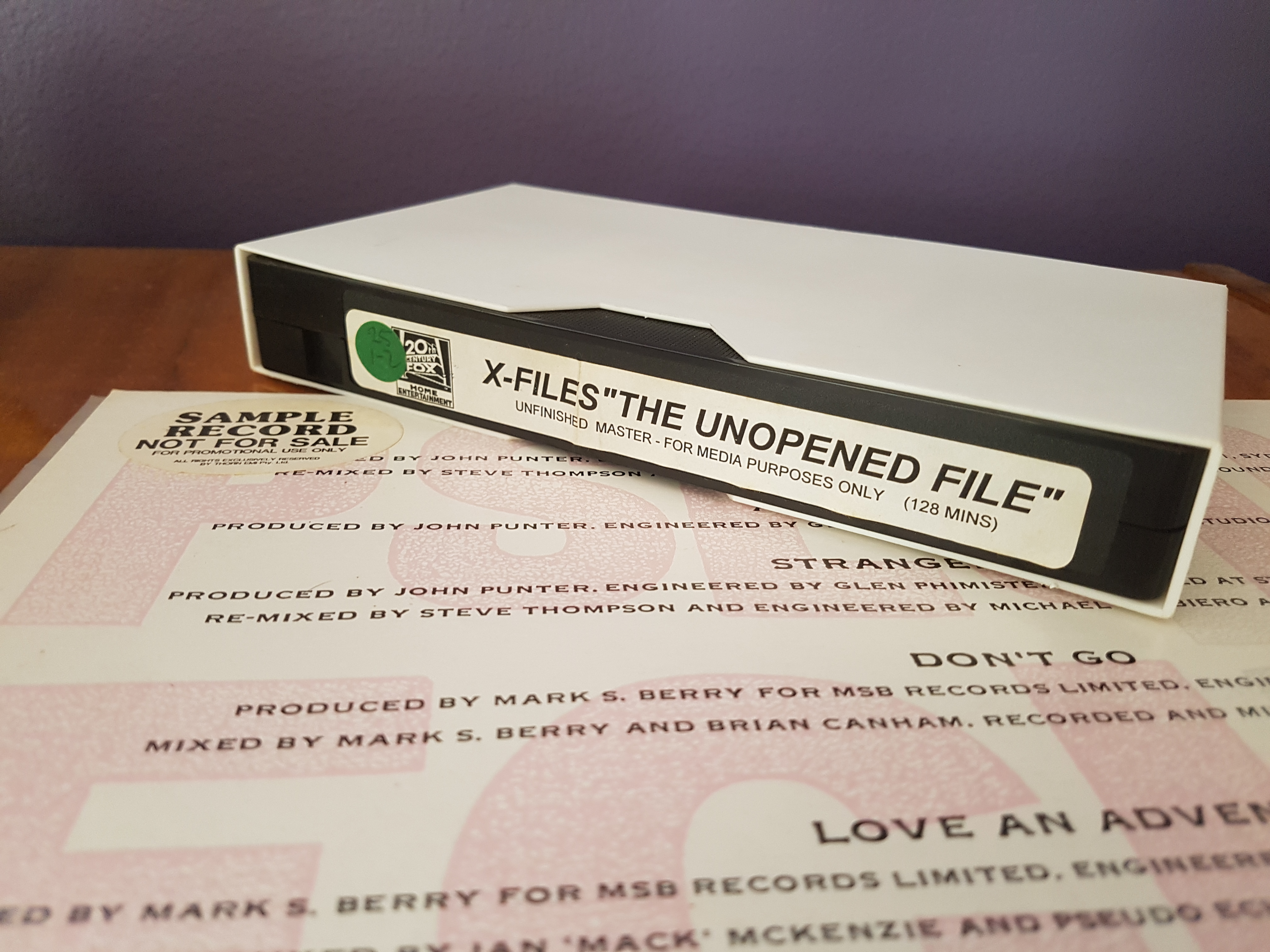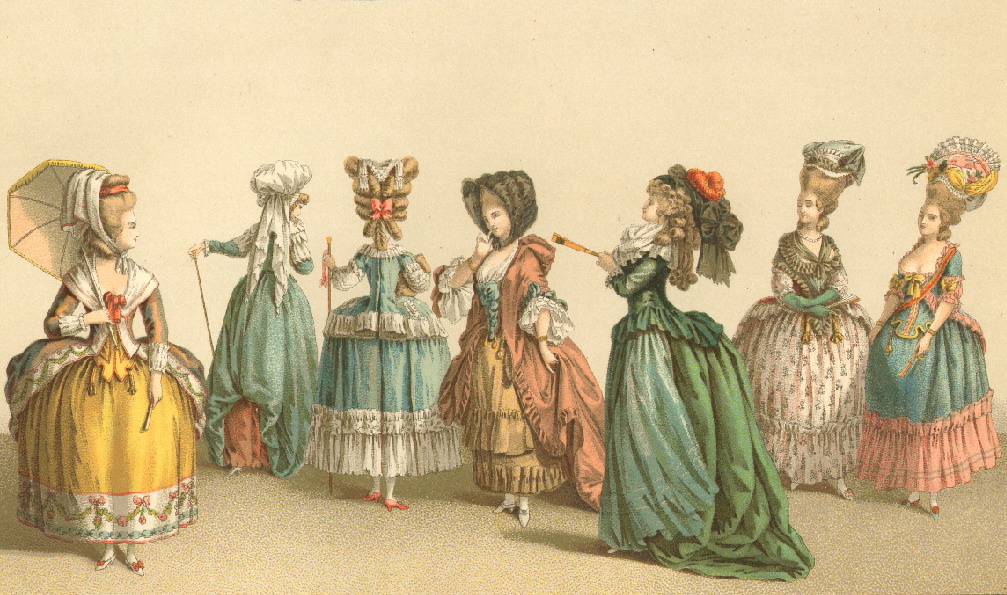
There is a great 1967 episode of The Avengers called The Fear Merchants. The villains were business consultants who would find out your competitors’ greatest fears and help you exploit them.
Steed goes undercover, but he’s not nearly clever enough and the Fear Merchants plot to kill him by burying him alive.
When Steed goes missing, Emma retraces his steps and into the examination room of the villainous management consultants.
The villain observes that Emma has no fear. She corrects him, saying that she does have fears but she has learned to master them.
That’s what makes her a true heroine.
We all know what one looks like in a contemporary setting – she is Wonder Woman, Emma Peel, Buffy The Vampire Slayer, Dana Scully.
But in a historical context things are much different – for one, the long skirts!
In all seriousness though, there is a school of thought that suggests that heroines of historical romances cannot be powerful unless they share 21st century sensibilities.
I disagree.
A hero (or heroine) is an individual who acts out of courage in the cause of a principled goal and at great risk to themselves.
Thanks to the ubiquity of superhero movies, I wonder whether we haven’t conflated heroic action with action hero.
Fortunately in books we have the luxury of getting into the heads of our characters.
And this is where we get to explore all the small acts of courage that turn our female main characters into true heroines.
And the heroine always wins the day.
So, what are the characteristics of a heroine?
She is not a victim.
She might be a victim of circumstances but she never plays a victim.
A victim says woe is me.
A victim blames everyone about her.
A victim waits for someone else (the hero, perhaps) to save her.
A victim screams and retreats to a safe space.
But not a heroine.
A heroine may be knocked off her feet (physically or metaphorically) but she doesn’t stay there. She dusts herself off and gets back up.
That is the very first little act of internal heroism. She could remain defeated and stay in the same place, but that is lousy psychology and boring storytelling.
We often see our heroes and heroines face defeat in round one because we need to understand what our main characters are up against. We then, as readers, understand the courage and determination necessary to defeat the dragon.
A heroine examines what she might have done differently – not because she is to blame – but by understanding how she was ‘defeated’, she understands how she win the next time. And there will be a next time.
This period of self reflection is tremendously important. Without it our heroine has no agency.

The Wounded Cavalier by William Shakespeare Burton. Imagine what our brave heroine is risking by tending to this man. An act of courage, of heroism is required.
Let’s look at it this way: if everything experienced by the heroine is the result of someone else’s actions, then the heroine is nothing more than a puppet. She has no autonomy. She’s as lifeless as a rag doll.
Again, a dull story.
A heroine screws every atom of courage she possesses, standing on edge of chaos and confronts the leviathan – the monster of her fear – and slays it.
And what are those monsters?
They are the things she doesn’t know, the unknown that lurks in the shadows, the invisible voice what whispers lies in her ear.
That doesn’t mean she’s any less afraid. In fact, she may be even more afraid, but she’s become braver.
Examining Agency
There is what CS Lewis describes as the ‘snobbery of chronology’ that claims that people of the past were stupid and ignorant.
That couldn’t be further than the truth.
Women have always had agency.
She has always had control over her own mind and her own actions and there is plenty she can do within the mores of her time. Plenty of women have.

Boudicca the heroic queen
Yes, everything I’ve written suggests grand narratives the big heroic myths and legends – of Deborah, of Esther, of Boudicca, of Jean D’Arc, of women who led men into battles and emerged victorious – and I confess to loving stories with action and adventure (which is why I write it).
But heroism doesn’t always come in great, conspicuous acts of courage where lives are put on the line.
Heroism also comes quietly, privately, such as when our heroine realises that no matter how many times she’s been hurt in the past, she is taking the monumental step to risk her heart to return the feelings of the man in whom she recognises his heroic qualities.
Live Like A Heroine
Little acts of heroism is going that extra step beyond what is comfortable and finding truth, answers, courage, love and a better version of yourself that you didn’t know existed.
This is why great tales of heroism that are hundreds, if not thousands, of years old resonate with us today.
They stand as exemplars that encourage us to find our ‘in-courage’ to be a better person today than we were yesterday and with the expectation that we will make ourselves even better tomorrow, than we are today.
The journey from one psychological/emotional state to a better state is the very definition of a happily ever after.
So if anyone is ever dismissive of romance as ‘just a love story’, you can tell them that the power of the romantic grand narrative is a time-honoured tradition that they would benefit from taking seriously.[/vc_column_text][/vc_column][/vc_row][vc_row padding=”0″][vc_column width=”1/2″][vc_single_image image=”2419″ img_size=”full”][/vc_column][vc_column width=”1/2″][vc_column_text]
Created for book lovers
Join Elizabeth’s Library Book Club today for free reads, exclusive excerpts, competitions and more![/vc_column_text][mk_button corner_style=”rounded” size=”medium” url=”http://box5218.temp.domains/~lizabga3/index.php/homepage/book-club/” target=”_blank” align=”center” margin_top=”6″ animation=”fade-in” bg_color=”#ff0202″]Join Now!
[/mk_button][/vc_column][/vc_row]

